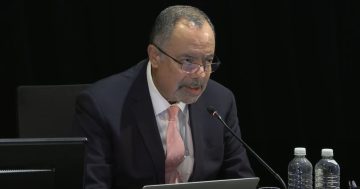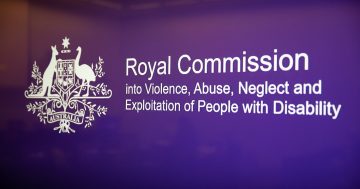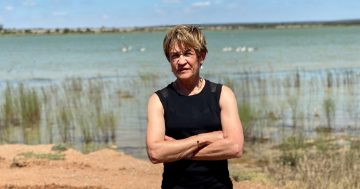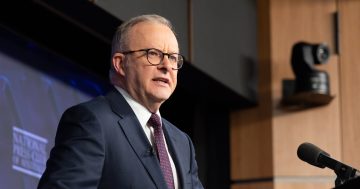Andrew Robertson* says there are two big lessons for Australians if they are to protect themselves from the financial institutions the banking Royal Commission has exposed.
 Just when you thought the Royal Commission into misconduct in the financial services sector couldn’t get any worse, it does.
Just when you thought the Royal Commission into misconduct in the financial services sector couldn’t get any worse, it does.
The latest round of inquiries into life insurance, and the startling revelations that have come from them, have once again shown that the banks, and others, are often prepared to put profits well ahead of the health and wellbeing of their customers.
On many occasions, they’ve been forced to admit as much.
Once again, we have been reassured that the man in charge of the Commission, Kenneth Hayne, sees the bad behaviour for what it is.
Such as this comment in response to CommInsure persuading the corporate regulator, the Australian Securities and Investment Commission (ASIC), to water down a media release that would have revealed the insurer had been “misleading and deceptive” in the advertising of trauma insurance, which wasn’t what it purported to be.
“The regulator asking the regulated whether the proposal was sufficient in the eyes of the party alleged to have broken the law. Is that right?” asked the Commissioner.
But while policymakers and regulators ponder how to better protect consumers, where does the Royal Commission leave us personally?
How much do you really know about your super?
There are two big lessons if we are to protect ourselves from the practices the Commission has exposed.
- Our finances are not ‘set and forget’
We must pay attention to our superannuation, our loans, insurance, credit cards, etc.
We must understand them and know the important features of them.
That includes regularly checking them.
To use superannuation as an example, how much do you really know about your super?
Do you know what fund you are in?
Is your employer regularly making the statutory contribution of 9.5 per cent of your salary?
Within your super fund, what option are you in?
Balanced? Growth? Defensive?
Is it the right one for you?
Do you know the balance of your super fund?
Does your super come with insurance, and if so is it the right insurance for you?
The premiums are eating into your retirement income big time, so if it’s a dud product (and we heard a lot about dud insurance products last week at the Royal Commission) you are going to pay a heavy price for it in years to come.
Young people with no dependants generally don’t need life insurance, which is why the Government is making insurance in super “opt-in” for under 25s.
If you have income protection or other forms of life insurance in your super, what does it include and, more importantly, what does it exclude?
Don’t know?
Find out before you need to make a claim and possibly get rejected.
And just finally on insurance in super, if you are in more than one super fund and they both/all have income protection insurance, you are wasting money.
You can only claim on one of those policies.
Knowledge is power … over your own finances
Knowledge is power, and we need to know when we are being treated badly by our financial institution.
For many, though, the ins and outs of financial products are very daunting, so you may need to get help from someone you trust, who is financially savvy, to get on top of your situation.
Which leads into the second point.
- Australia should raise its level of financial literacy
Banks, and others, have a huge advantage if they are determined to act unethically, because so many of us are not financially literate.
The latest study by ASIC shows that 65 per cent of people don’t know how much super they have; 60 per cent don’t understand the concept of diversification; 35 per cent find dealing with money stressful; nearly 20 per cent of people are struggling with credit card debt.
Even if you understand numbers, the intricate details of insurance policies, superannuation and loans can be very confusing.
Raising financial literacy will help tip the scales back in the customers’ direction.
In fairness to the banks, they are sponsoring programs in the financial literacy space.
For example, one major bank, in conjunction with the Federal Government, has a program aimed at raising financial literacy in Indigenous communities, which has reached more than 30,000 people.
What we’ve learned from the Royal Commission, though, is that the jungle out there is much more dangerous than we’d thought.
There are some big predators waiting to pounce, and we need to protect ourselves because, so far at least, nobody else appears to be.
* Andrew Robertson is the chief reporter for The Business and presenter of The Finance Quarter on the ABC.
This article first appeared at www.abc.net.au.











